Things to do in Ivory Coast
Cultural tourism
Seaside resort tourism
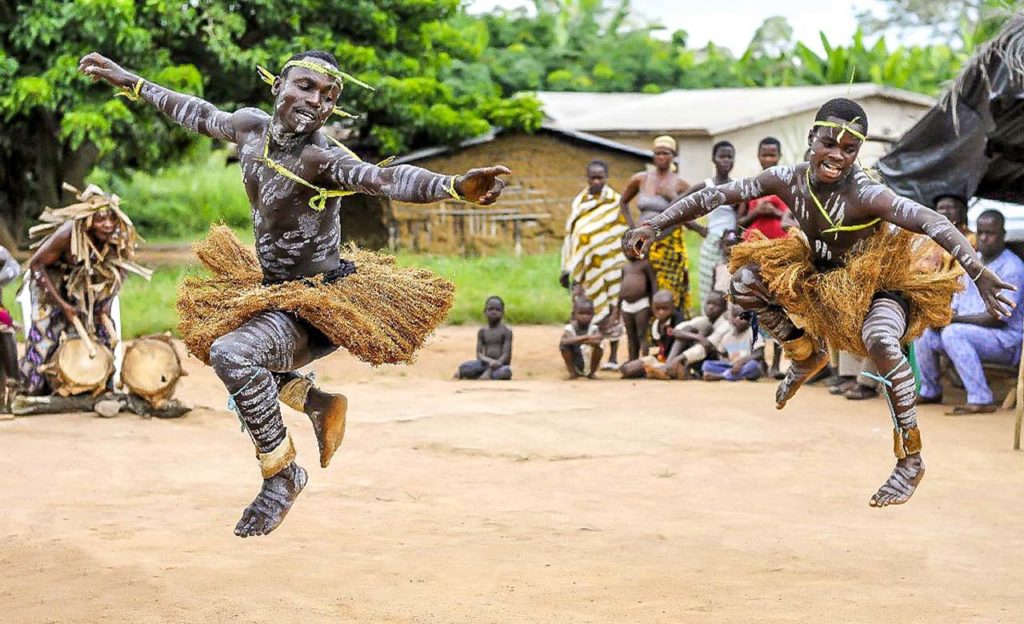
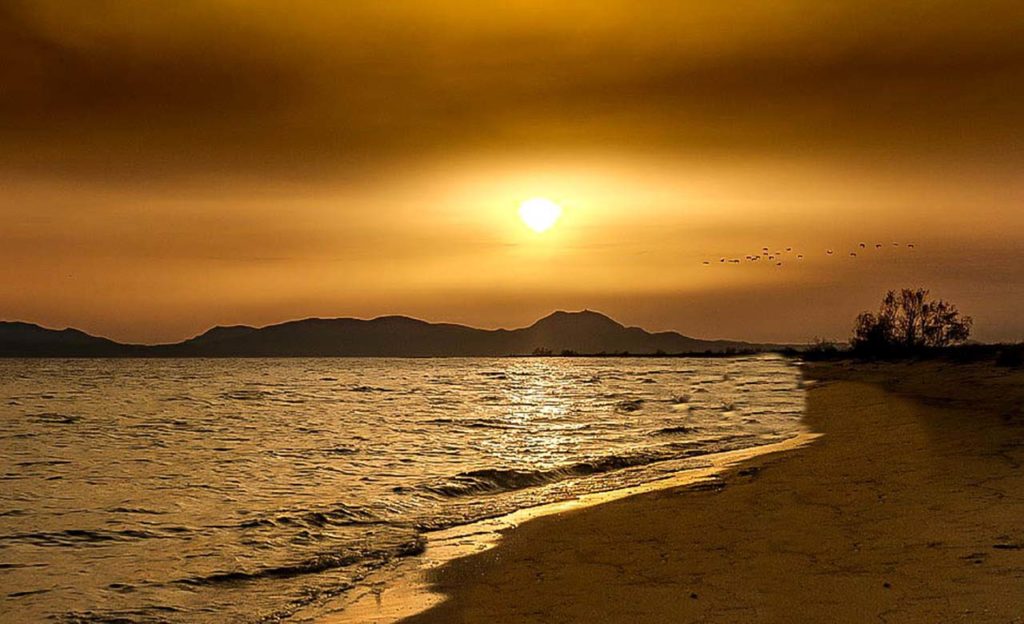
In relation to its geographical location, traditional architecture, culinary, festivals, folklores, craftsmanship, habits and customs, social organization modelled on ancestral values and its unique traditions, Côte d’Ivoire has always been a crossroads for many peoples and ethnic groups of West Africa. With more than 60 ethnic groups and a multitude of communities, the Ivorian people made up a veritable cultural mosaic. The Ivorian culture is extremely rich and diversified, with a warm, hospitable and smiling people.
If you are a lover of beaches bordered with coconut trees, aroused by the blue ocean, Côte d’Ivoire offers you several beautiful seaside destinations with a maritime coast, covering more than 515 km opening onto the Atlantic Ocean. With more than 300,000 hectares of lagoon water, many marinas (beachfront hotels), wonderful beaches of golden sand, sun, palm trees, sunbathing tanners, beach walks, diving, surfing, and swimming in the waters of the Atlantic Ocean.
Historical Tourism
Sports tourism
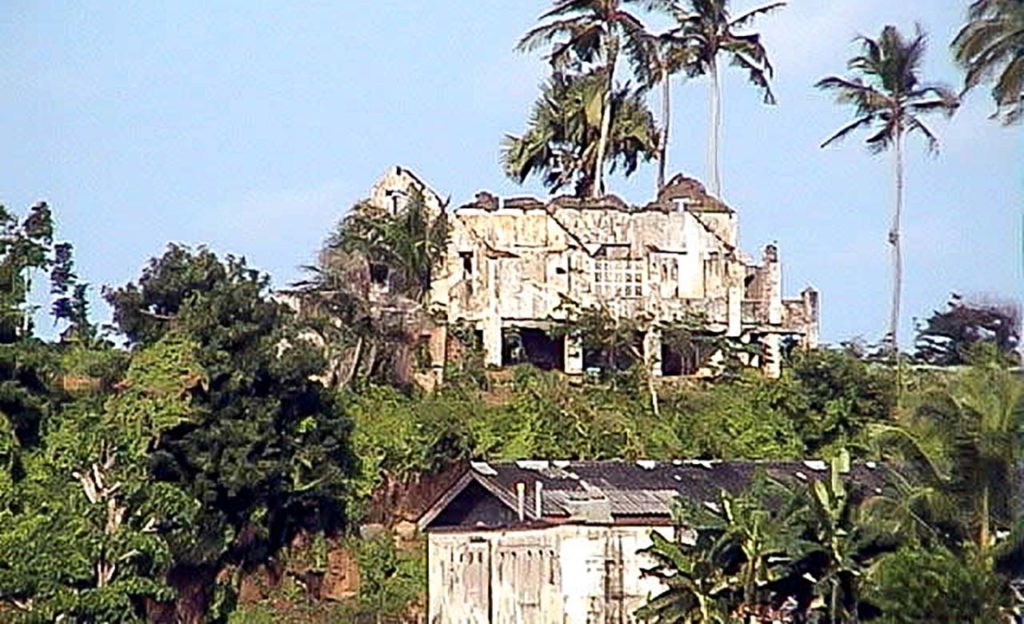

Côte d’Ivoire regroups a rich heritage of remarkable natural and historical sites. Colonial buildings, monuments and museums will delight lovers of history and architecture. Some of these ancient remains are UNESCO World Heritage Sites. You will discover the house of Samory Toure, the monument of René Caille in Tiemé, the hut of Binger, the first hut of Bondoukou, the 17th century mosque of Sorobango, the governor’s palace in Sassandra and many other historical sites.
Côte d’Ivoire has several must-see trails for hikers. Traveling on foot is an original, authentic and environmentally friendly way to enjoy a holiday in nature. Some of these trails are famous for their history and you will appreciate the beautiful breathtaking scenery. Several peaks will permit you to escape to high altitude such as Mount Nimba (1752 m) and Mount Tankou (1189m) and you shall appreciate the wellbeing of sports.
Sustainable tourism
Religious tourism
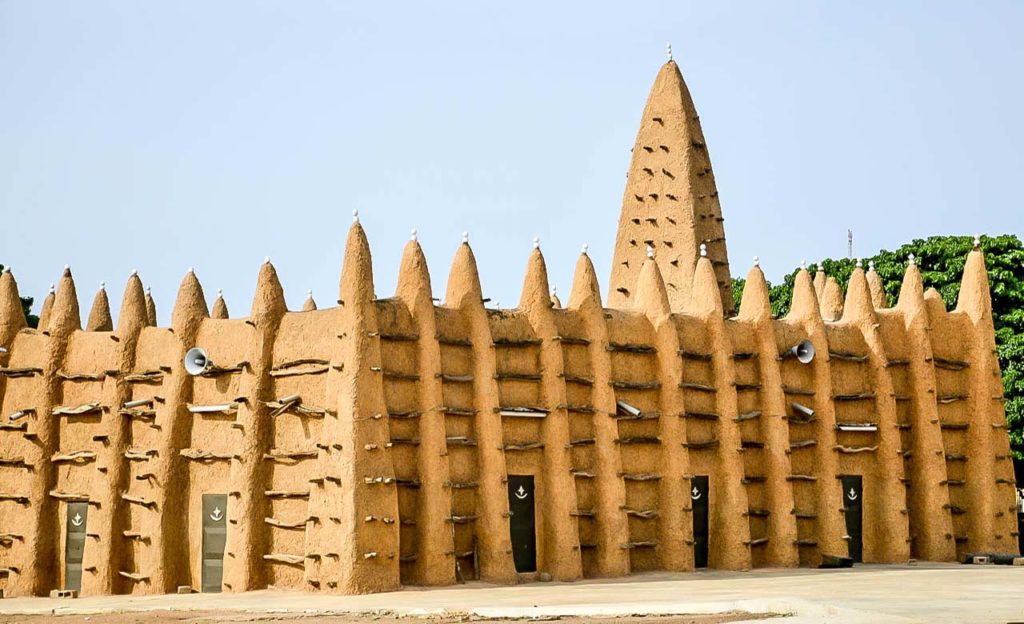
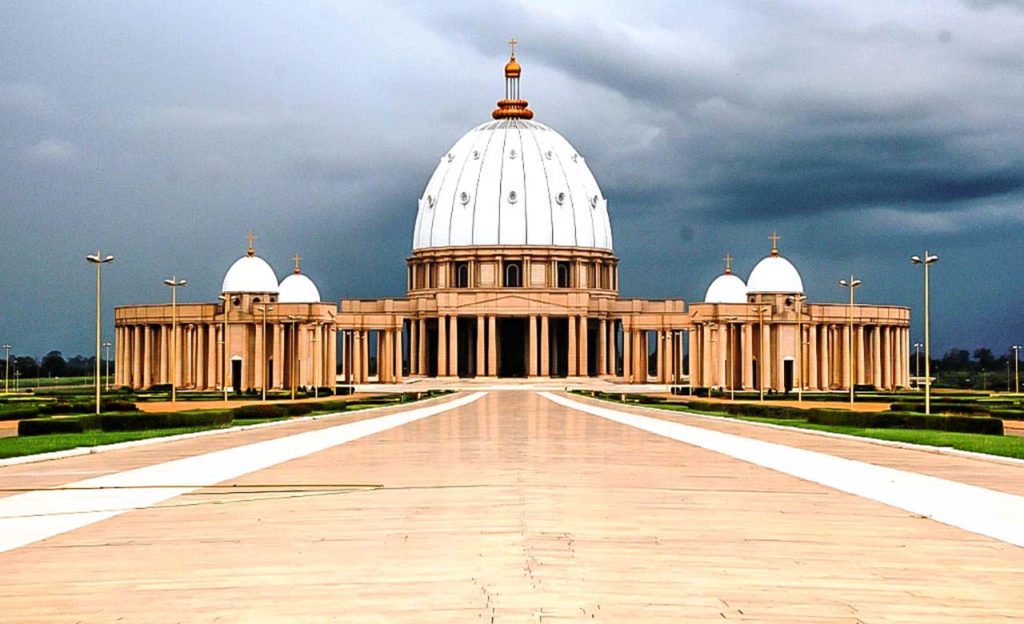
The term sustainable tourism generally describes all forms of alternative tourism that respect, preserve and sustainably enhance natural, cultural and social resources so as to minimize the negative impacts they may generate. The promotion of sustainable tourism in Côte d’Ivoire will permit that the local populations come in contact with international visitors, thus creating employment and business opportunities while preserving the environment.
Also known as tourism of faith, religious tourism is the visiting of holy places for purposes of pilgrimage, religious gatherings or for leisure purposes in the framework of tourism. Côte d’Ivoire is a secular state with religious diversity. The various religion followers live peacefully together. Islam and Christianity are the most widespread religions. 42.9% of Muslims, 33.9% of Christians; 19% of free thinkers, 4% of animists and 1% of other religions.
Agricultural tourism
Hunting tourism
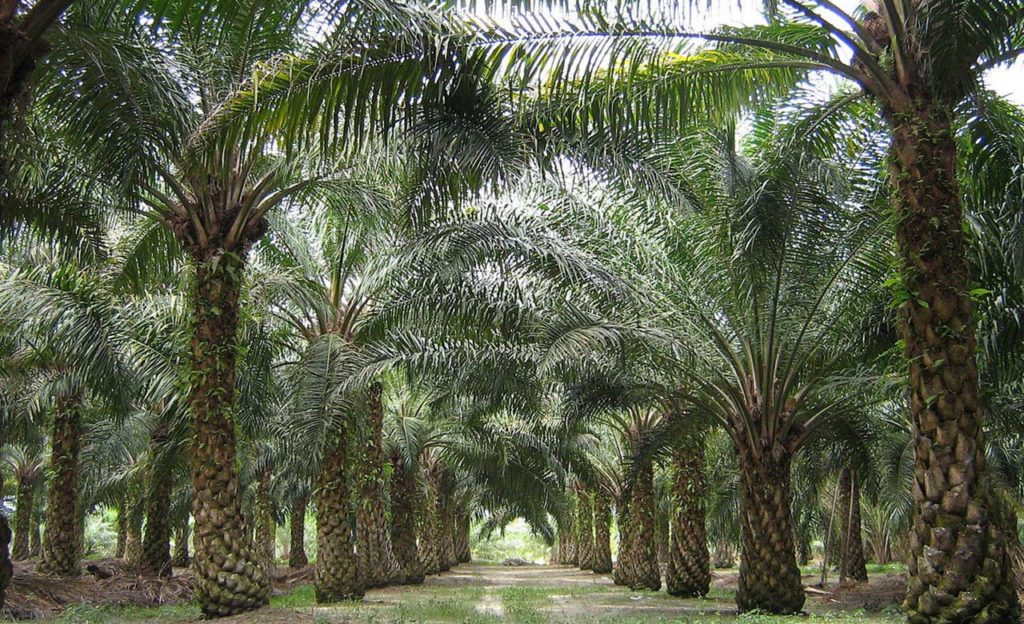
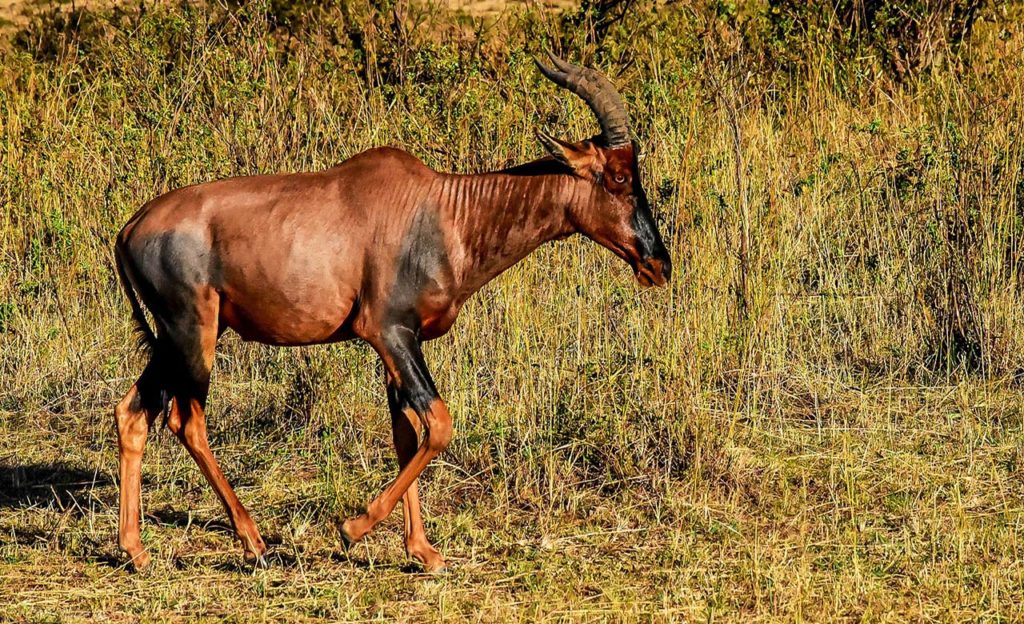
The agritourism is a form of tourism whose object is the discovery of the agricultural know-how of a territory. It gathers services of reception, lodging and conquers every year more and more amateurs of nature. It connects agricultural producers with foreign tourists thus allowing the discovery of Ivorian rural agricultural heritage. This generates economic development for Ivorian farmers.
Côte d’Ivoire has a network of 14 protected areas and several specially developed hunting areas covering a total of over 2,500,000 ha. Some of these protected areas are listed as World Heritage by UNESCO and the Ramsar Convention. Ivory Coast offers immense opportunities for photo safari tourism, sports hunting, and sports fishing. Several animal species are represented.
Business and Congress Tourism
Ecotourism

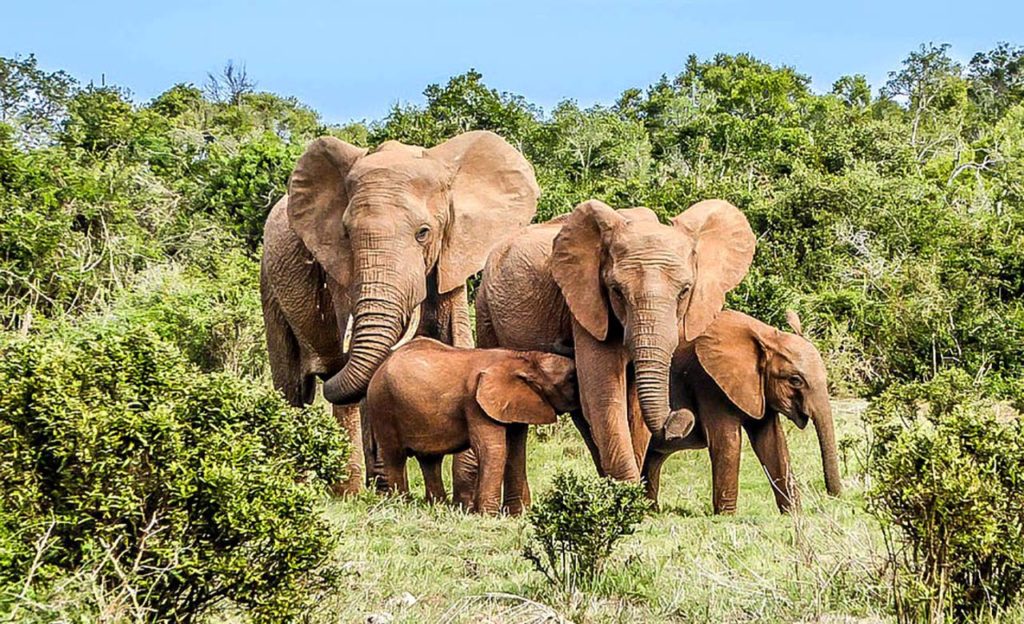
As a commercial hub for West Africa, Côte d’Ivoire offers immense business opportunities. Côte d’Ivoire has several infrastructures required for business tourism. Prestigious reception venues, conference rooms and numerous centers equipped to host conferences, seminars, conventions and other trade fairs. With a modern communication network and international class hotel infrastructure, Côte d’Ivoire has many advantages that make it one of the best African destinations for business, conventions and seminars.
Ivory Coast has several ecotourism sites that will allow you to escape the stress of the bustling city life, immerse yourself in an elegant pure nature, smell the scent of virgin nature, breathe the clean air the tropical rainforest, relax, take canoe trips, walk, contemplate animals and forget the worries of everyday life. Ivory Coast is one of the last African wild treasures and it has a breathtaking animal concentrate.
Cultural tourism

In relation to its geographical location, traditional architecture, culinary, festivals, folklores, craftsmanship, habits and customs, social organization modelled on ancestral values and its unique traditions, Côte d’Ivoire has always been a crossroads for many peoples and ethnic groups of West Africa. With more than 60 ethnic groups and a multitude of communities, the Ivorian people made up a veritable cultural mosaic. The Ivorian culture is extremely rich and diversified, with a warm, hospitable and smiling people.
Seaside resort tourism

If you are a lover of beaches bordered with coconut trees, aroused by the blue ocean, Côte d’Ivoire offers you several beautiful seaside destinations with a maritime coast, covering more than 515 km opening onto the Atlantic Ocean. With more than 300,000 hectares of lagoon water, many marinas (beachfront hotels), wonderful beaches of golden sand, sun, palm trees, sunbathing tanners, beach walks, diving, surfing, and swimming in the waters of the Atlantic Ocean.
Historic Tourism

Côte d’Ivoire regroups a rich heritage of remarkable natural and historical sites. Colonial buildings, monuments and museums will delight lovers of history and architecture. Some of these ancient remains are UNESCO World Heritage Sites. You will discover the house of Samory Toure, the monument of René Caille in Tiemé, the hut of Binger, the first hut of Bondoukou, the 17th century mosque of Sorobango, the governor’s palace in Sassandra and many other historical sites.
Sports tourism

Côte d’Ivoire has several must-see trails for hikers. Traveling on foot is an original, authentic and environmentally friendly way to enjoy a holiday in nature. Some of these trails are famous for their history and you will appreciate the beautiful breathtaking scenery. Several peaks will permit you to escape to high altitude such as Mount Nimba (1752 m) and Mount Tankou (1189m) and you shall appreciate the wellbeing of sports.
Sustainable tourism

The term sustainable tourism generally describes all forms of alternative tourism that respect, preserve and sustainably enhance natural, cultural and social resources so as to minimize the negative impacts they may generate. The promotion of sustainable tourism in Côte d’Ivoire will permit that the local populations come in contact with international visitors, thus creating employment and business opportunities while preserving the environment.
Religious tourism

Also known as tourism of faith, religious tourism is the visiting of holy places for purposes of pilgrimage, religious gatherings or for leisure purposes in the framework of tourism. Côte d’Ivoire is a secular state with religious diversity. The various religion followers live peacefully together. Islam and Christianity are the most widespread religions. 42.9% of Muslims, 33.9% of Christians; 19% of free thinkers, 4% of animists and 1% of other religions.
Agricultural tourism

The agritourism is a form of tourism whose object is the discovery of the agricultural know-how of a territory. It gathers services of reception, lodging and conquers every year more and more amateurs of nature. It connects agricultural producers with foreign tourists thus allowing the discovery of Ivorian rural agricultural heritage. This generates economic development for Ivorian farmers.
Hunting tourism

Côte d’Ivoire has a network of 14 protected areas and several specially developed hunting areas covering a total of over 2,500,000 ha. Some of these protected areas are listed as World Heritage by UNESCO and the Ramsar Convention. Ivory Coast offers immense opportunities for photo safari tourism, sports hunting, and sports fishing. Several animal species are represented.
Business and Congress Tourism

As a commercial hub for West Africa, Côte d’Ivoire offers immense business opportunities. Côte d’Ivoire has several infrastructures required for business tourism. Prestigious reception venues, conference rooms and numerous centers equipped to host conferences, seminars, conventions and other trade fairs. With a modern communication network and international class hotel infrastructure, Côte d’Ivoire has many advantages that make it one of the best African destinations for business, conventions and seminars.
Ecotourism

Ivory Coast has several ecotourism sites that will allow you to escape the stress of the bustling city life, immerse yourself in an elegant pure nature, smell the scent of virgin nature, breathe the clean air the tropical rainforest, relax, take canoe trips, walk, contemplate animals and forget the worries of everyday life. Ivory Coast is one of the last African wild treasures and it has a breathtaking animal concentrate.
